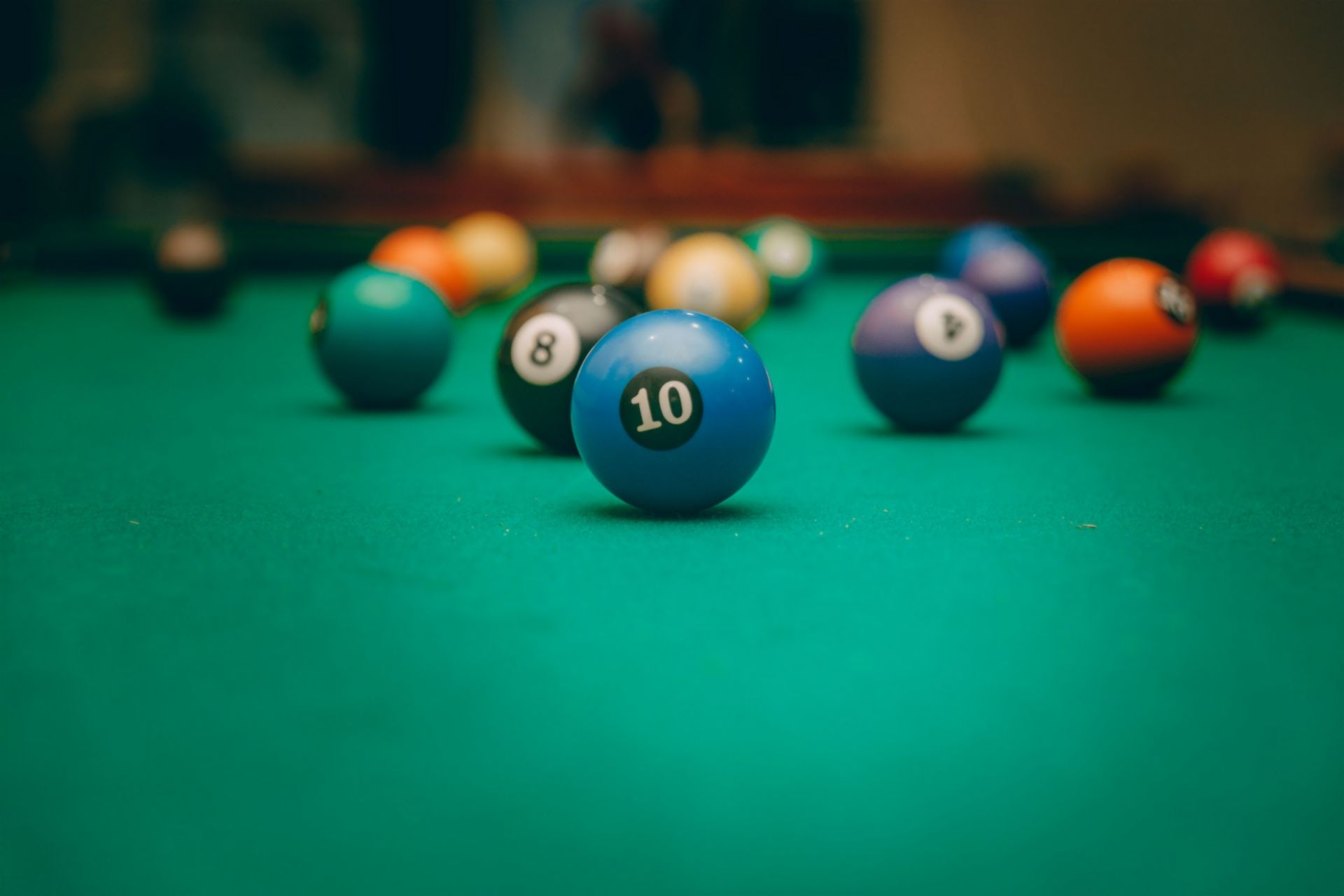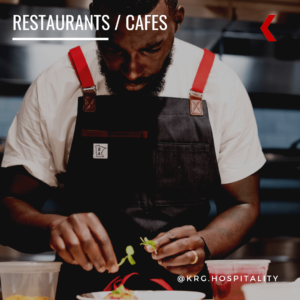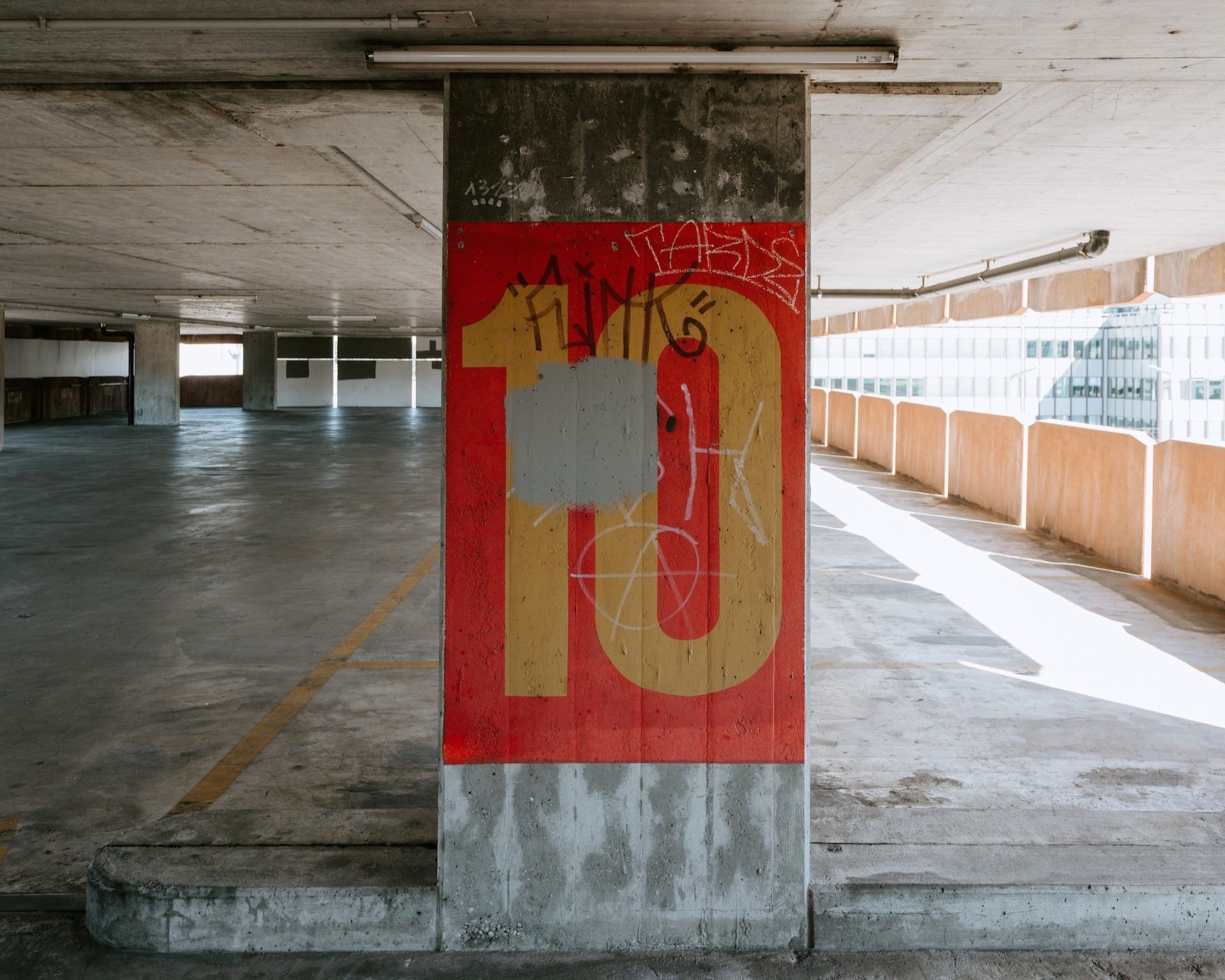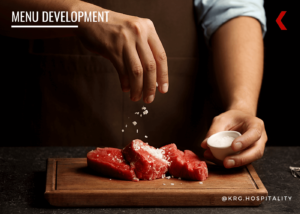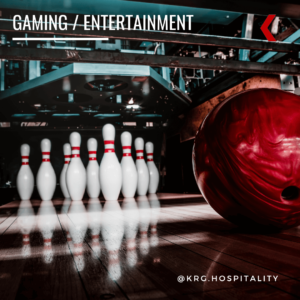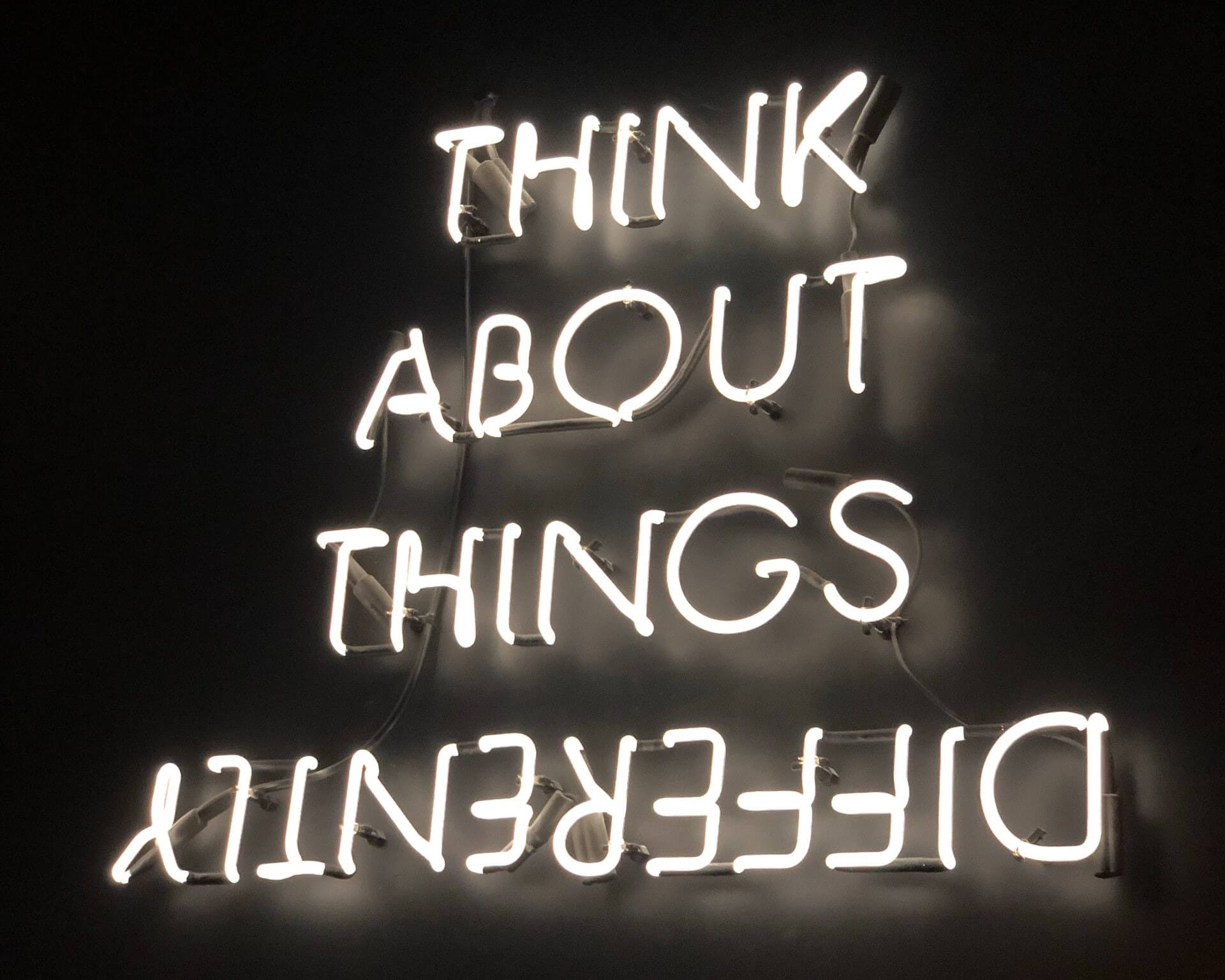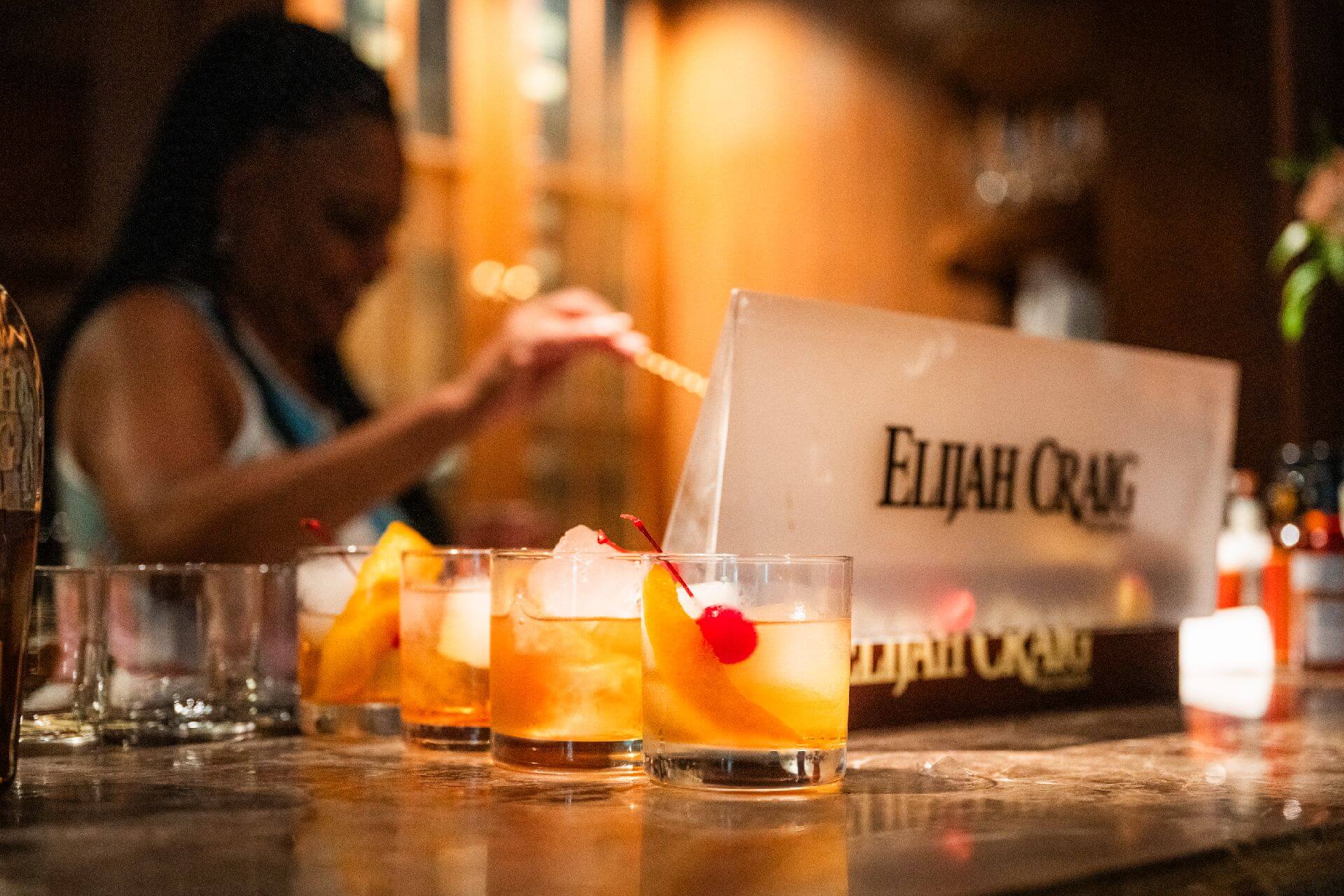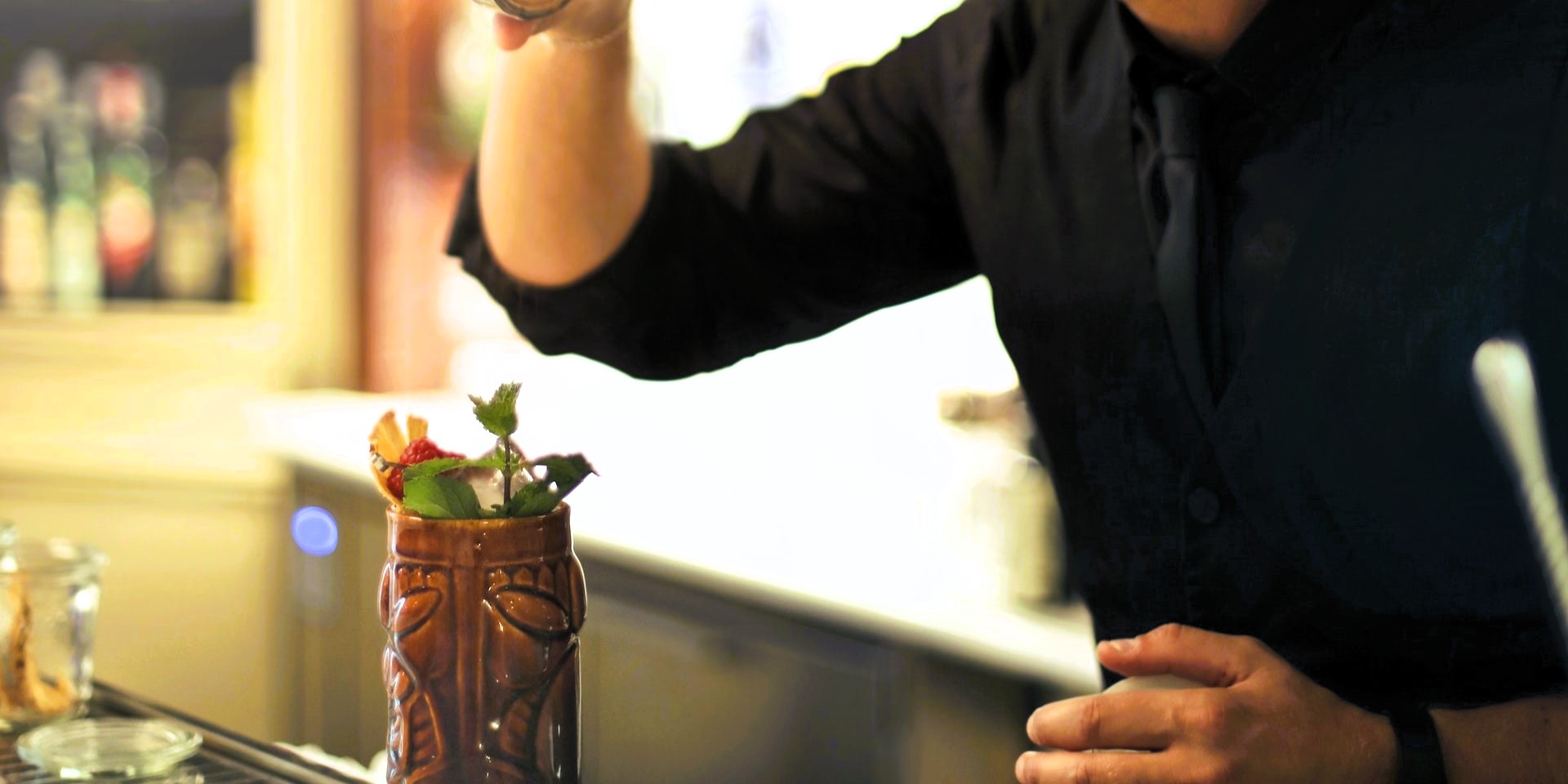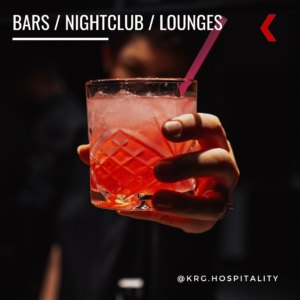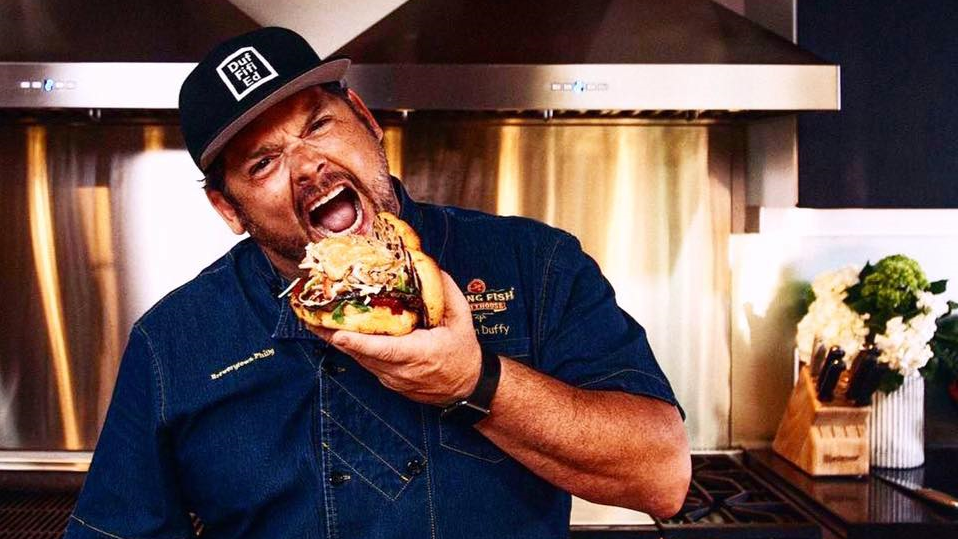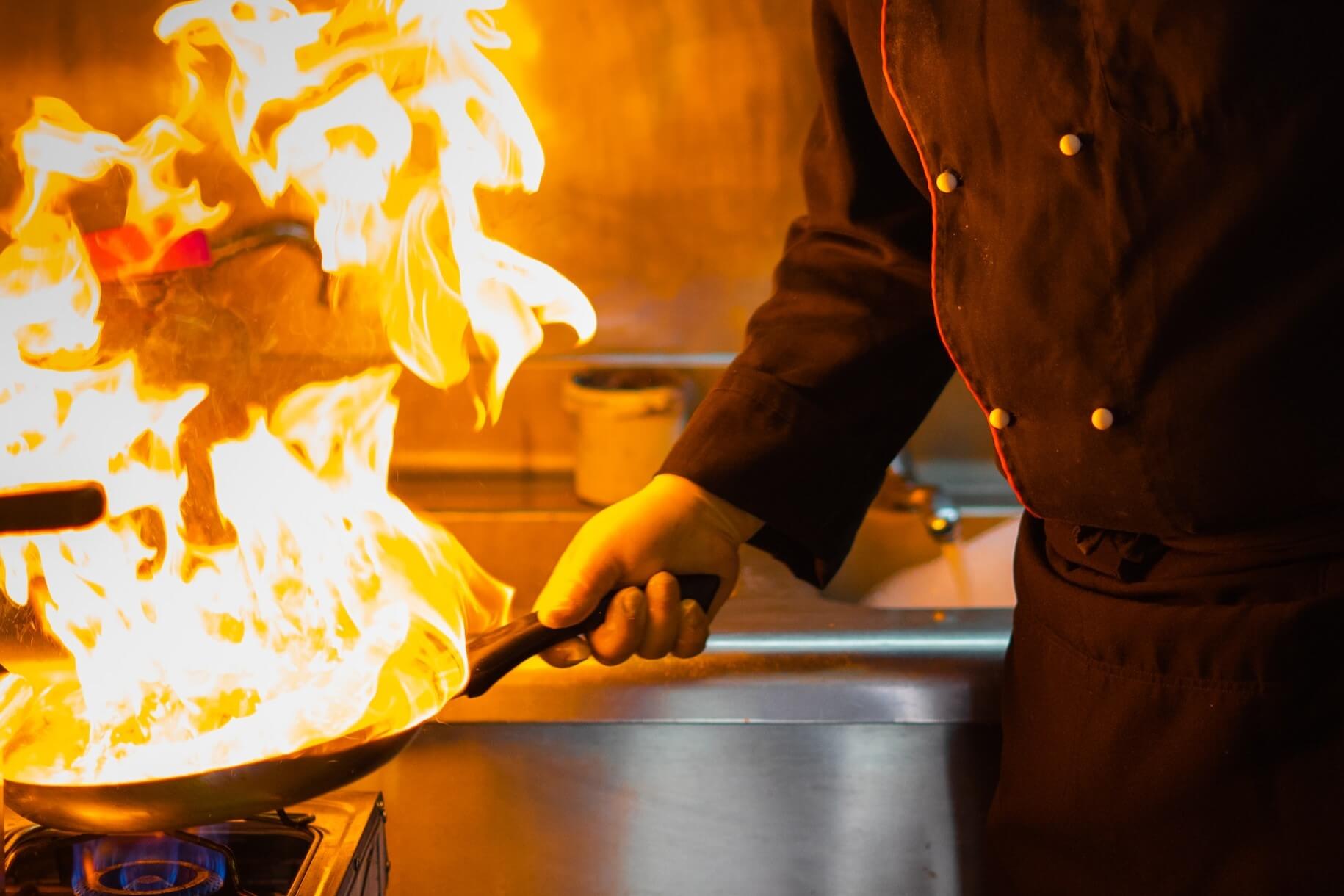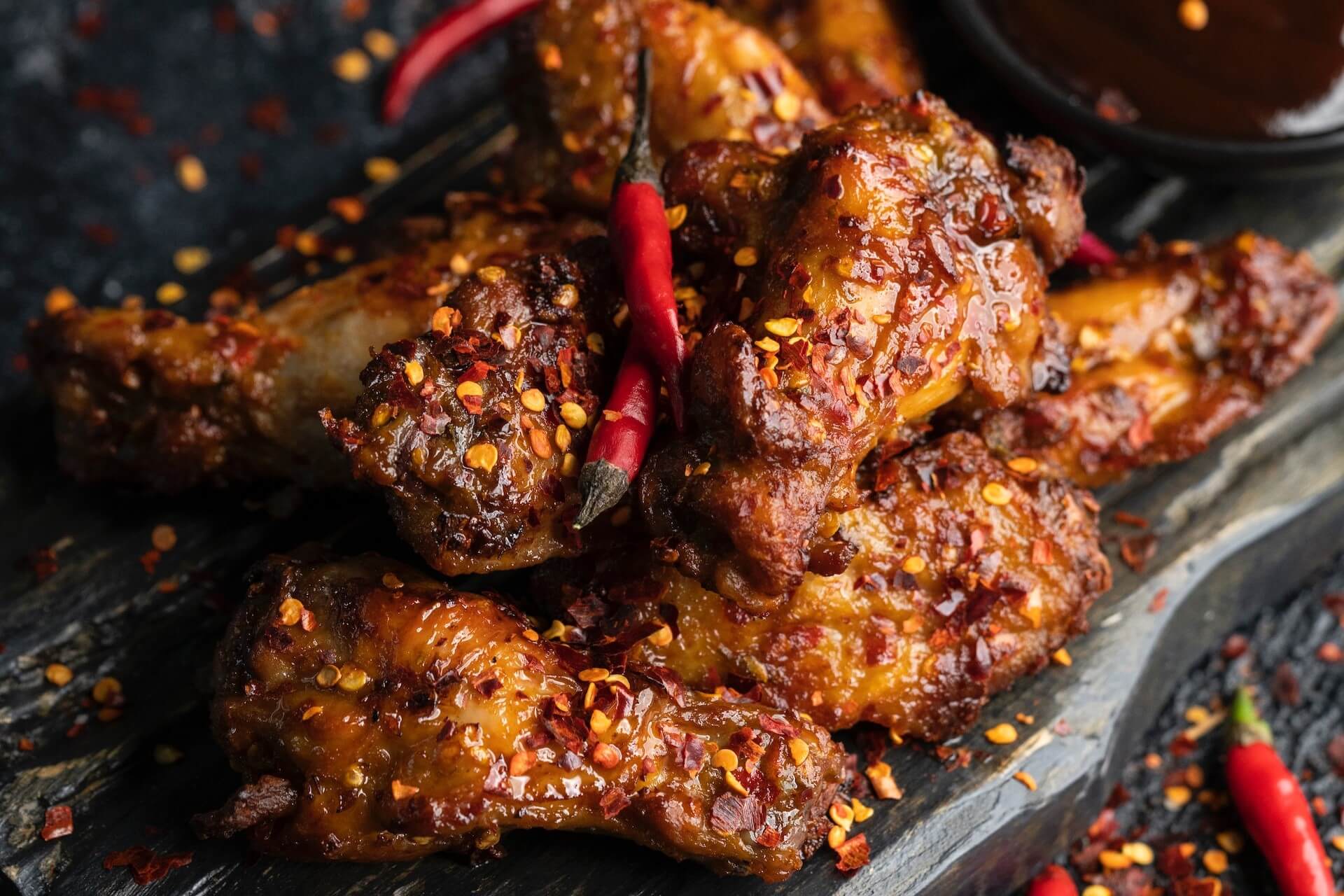2023 Midyear Roundup: Top 10 Articles Overall
by David Klemt
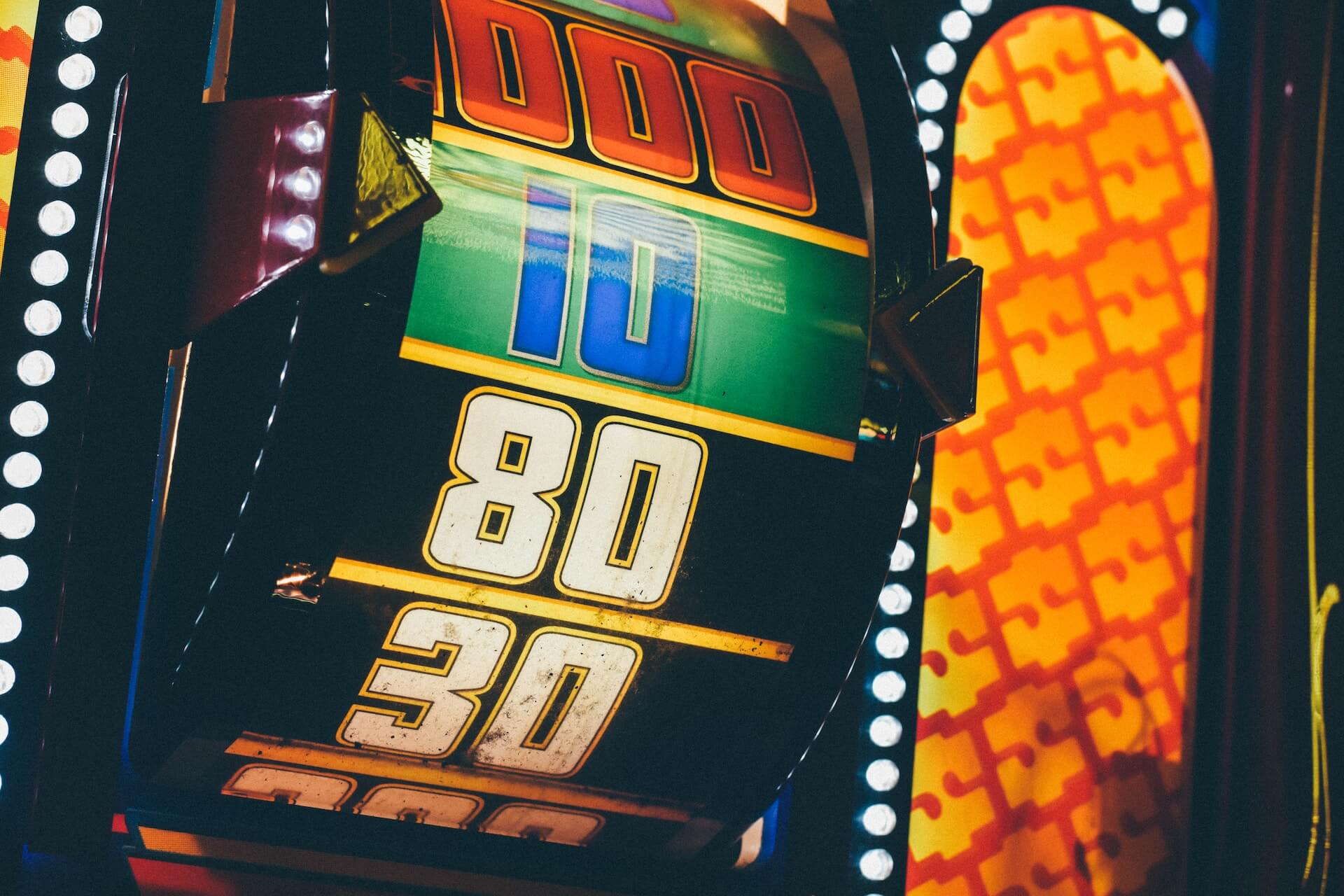
Now that summer is coming to an end and we’re moving beyond the midway point of 2023, let’s check out our top articles so far.
Our top ten articles overall in 2023 are an interesting collection spanning an array of topics. From “Big Game” recipes and cocktails from an Irish distillery to which Canadian provinces are happiest and food safety courses beyond ServSafe, you, our loyal readers, are hungry for information.
Thank you for reading! We’ll see you at the end of the year for the top ten 2023 article roundup.
Cheers!
These are the Happiest Provinces in Canada
If you’re wondering which province in Canada is the happiest, Statistics Canada has the answer—and the happiest may surprise you.
Of course, those who live and work in the happiest province won’t find it shocking. After all, they’re largely happy to be there.
However, if you expect the happiest province to be the home of Toronto, Vancouver, Montreal or Canada… Well, you’re in for a surprise.
Click here to read this article.
8 Glendalough Distillery Cocktail Recipes
Offer your guests something different for your St. Patrick’s Day promotion with Glendalough Distillery cocktail recipes.
Without a doubt, you should have plenty of the expected Irish whiskeys on hand. However, Glendalough Distillery Double Barrel, Pot Still, Wild Gin, and Rose Gin are extraordinary Irish whiskeys and gins.
Each spirit the distillery crafts honors the art of Irish distillation, a craft that stretches back centuries. What’s more, each whiskey Glendalough crafts is single malt—there are no light-bodied blends in their lineup.
To learn more, check out episode 71 of the Bar Hacks podcast with Glendalough Distillery co-founder and national brand ambassador Donal O’Gallachoir.
Sláinte!
Ocean Casino Resort Offers Big Game Cocktails
Ocean Casino Resort, Atlantic City’s award-winning oceanfront casino and resort, is ready for the Big Game with four cocktails that team with the theme.
Now, by “Big Game,” we all know what I’m talking about. We know the sport, we the know the league, and we know precisely which game is under discussion.
However, due to very “enthusiastic” attorneys, we also have to talk like we’re spies or actors in a mob movie. We wouldn’t want to tempt anyone to file a lawsuit now, would we?
And I’m going to encourage you to continue following this childish way of speaking about the Big Game. When you’re promoting your Sunday, February 12 event, don’t use any trademarked terms, logos, images, etc.
Alright, the Big Game legalese is out of the way. Let’s talk themed cocktails!
Can ChatGPT Write Food and Drink Menus?
After my “conversation” last month with ChatGPT about AI, I had another conversation during which I asked it to write me four menus.
Of course, I did this to prove a point. And upon reviewing the ChatGPT menus, you’ll likely reach the same conclusion.
Curious about how creative the AI-powered chatbot could be, I asked for four specific menus. As you’ll see, two are cocktail specific, one focuses on food, and one is a 20-item F&B menu for a specific event.
So, yes, ChatGPT can write food and drink menus. But there’s a caveat.
Follow this link to read the full article.
Canadian Trends 2023: Technomic
Restaurant, bar, and hotel operators will find this year’s data-driven trend predictions from Technomic for 2023 insightful.
Interestingly but perhaps not surprisingly, some operators may be looking beyond North America for inspiration.
Per Technomic, Central and South American cuisines could influence menus in Canada this year. Other food trends that might take hold are “retro” health items, and all manner of pickled foods.
Of course, not every Canadian trend prediction involves F&B. According to Technomic, tech and the guest experience will play important roles.
To review last year’s Technomic predictions, click here.
Alternatives to ServSafe
ServSafe, the National Restaurant Association‘s food safety training program, isn’t the only food handler training game in town.
Certainly, the program is the most well known in our industry. However, it’s fair to say that ServSafe is closer to infamous than just ubiquitous due to a New York Times article from January.
While it’s the most recognizable of the food safety programs, it’s not the only one. Although, ServSafe’s omnipresence likely gives many the impression that it’s ServSafe or nothing.
There are, however, alternatives to ServSafe. In fact, one challenger was announced a day after the explosive New York Times article that thrust ServSafe into a spotlight the NRA probably isn’t enjoying. (After all, one result of that article was a letter from six US senators demanding answers from the NRA about ServSafe by March 3.)
At any rate, the newest alternative to ServSafe comes from One Fair Wage. The program is Just.Safe.Food. and costs just $10. (As a reminder, ServSafe costs $15.)
Click here to read this article.
Raise the Bar: The 3 Ps of Hospitality
Nightlife, bar, and cocktail experts Mia Mastroianni, Phil Wills, and Art Sutley want operators to focus on what they call “the Three Ps.”
The engaging trio shared their trio of Ps recently in Las Vegas at the 2023 Bar & Restaurant Expo.
So, what are the Three Ps of hospitality? People, Place, and Product. Operators who pull the threads tighter on each of these crucial elements will be well on their way to improving operations and the guest experience.
What’s up with the Restaurant Revitalization Tax Credit?
If you’re wondering what’s going on with the Restaurant Revitalization Tax Credit bills in the House and Senate, you’re probably not alone.
And if you find yourself wondering about them, that’s likely because there isn’t much news about the bills. Unfortunately, it appears that no meaningful progress has been made on HR 9574 or S.5219.
A quick check shows that both bills share the same status: Introduced. As for the House bill, HR 9574, that was introduced on December 15, 2022 by Representative Earl Blumenauer (D-OR). The Senate bill, S.5219, was introduced by Senator Benjamin Cardin (D-MD) on December 8, 2022.
It’s important to note that Sens. Cardin, Patty Murray (D-A), and Sherrod Brown (D-OH) reintroduced S.5219 in January of this year. However, that apparently didn’t mean much as the Congress.gov trackers show no progress.
Last year, some opined that neither bill would receive a vote until January 2023 at the earliest. That “prediction” has proven true, of course—it’s now the end of March.
The 50 Best Bars in North America in 2023
The buildup toward this year’s World’s 50 Best Bars is growing with the recent announcement of North America’s 50 Best Bars.
Mexico City, the 2023 North America’s 50 Best Bars host city, is home to several of this year’s rankings. A true cocktail destination loaded with extraordinary bars, Mexico City boasts eight entries. Overall, 14 of the 50 bars on the 2023 list are in Mexico.
Of course, New York City also claims an impressive number of bars earning spots on the list. In fact, NYC boasts 12 of the 50 best bars in North America. More than half of the bars—28—are in the US.
Not that anyone asked, two of the bars on the 2023 list are in the city where I was born, Chicago: Kumiko and Milk Room. And I’m going to give a special nod to Herbs & Rye, number 27 and located in my hometown of Las Vegas (and the US headquarters of KRG Hospitality).
Of the 50 best bars in North America, Canada is home to seven. Four of these are in Toronto (where KRG Hospitality’s global headquarters are located), two are in Montreal, and one is in Vancouver.
Just one bar in the Caribbean makes the 2023 North America’s 50 Best Bars list. But what a bar: La Factoría is number 24.
How to Make a $3,500 Mint Julep
If you want to craft an incredible $3,500 Mint Julep, the first step is to acquire one of 50 Woodford Reserve gold Secretariat Julep cups.
Now, should $3,500 seem a “bit” exorbitant, you can also opt for one of 100 silver Julep cups for $1,000.
Cup in hand, simply fill it with crushed ice and pour a refreshing Mint Julep over it. Et voilà—a delicious $3,500 or $1,000 Mint Julep!
Okay, so you’re probably wondering what I’m on about. Am I really suggesting you craft thousand-dollar-plus cocktails? I mean…if you have guests who’ll pay that much, yes, I am.
In reality, however, I’m making you aware of this year’s Woodford Reserve $1,000 Mint Julep™ charity program. This program is a longstanding Kentucky Derby tradition.
For 2023, the $1,000 Mint Julep™ will benefit the Secretariat Foundation. That makes sense given that this year marks the 50th anniversary of Secretariat winning the Derby.
Image: Krissia Cruz on Unsplash


